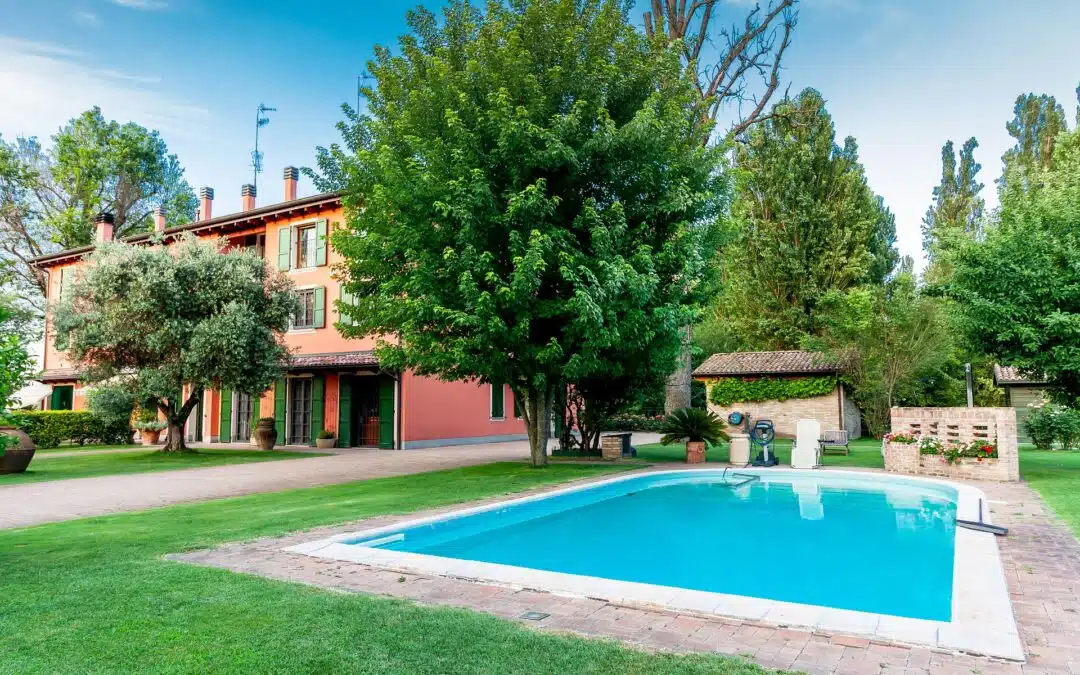Usually at this time of year, we begin talking about income tax filings. But the French tax authority (le Fisc) has decided to spice things up and throw a new declaration into the mix. It concerns all property owners in France and must be filed by June 30, 2023 to avoid a €150 fine per property.You probably know that there are two property-related taxes in France: 1) taxe foncière – which is standard property tax paid by the owner (except for commercial properties), and 2) taxe d’habitation – which is an occupancy tax paid by the person living in the property on the 1st of January that year. Both of these taxes provide revenue to the municipalities, départements and regions. President Macron phased out the taxe d’habitation on primary residences over several years, so that it only applies to second homes in 2023. While that provides great savings for households in France, it has also left quite a hole in the municipal coffers.
So now they are paying extra attention to who owns what, how often they’re there, and what the properties include (garage, cave/cellar, annexes, etc.). In one respect, it should clarify what are indeed second homes, so folks can’t be clever and claim more than one primary residence. Another reason for this check-up is to see which property owners should pay a ‘vacancy tax.’ We had a few clients with second homes in France who could not visit them during the pandemic, so they had to pay the taxe sur les logements vacants (not very nice or fair, in our opinion!). Tight housing markets (zones tendues) like Paris, Montpellier, and even smaller towns where the demand far surpasses the supply of affordable rentals, rely on these taxes to manage their available housing stock as well as their budgets.
To make this one-off property declaration, you can either visit your space on impots.gouv.fr or call your Centre des Impôts.
If you go online, look under Bien Immobiliers. The service is available in English, which is indicated by a British Flag on the right, near the top. The properties you own will be listed under Mes Biens or My Properties.
- Select Déclaration d’occupation/declaration of occupancy
- For your primary residence, select Déclarer
- Has the situation changed? (from main to secondary home, renter moved out, etc.)
- Is the property a main, secondary, vacant, occupied without charge, or rented?
- Verify or add/remove occupants, review the entry dates
- Verify or add/remove the properties concerned by this occupation
If you have already paid tax on the property, and if you have renters who have paid the taxe d’habitation in the past, the fields should already be populated. You just need to validate the information in that case. If you need to modify or add information, you may want to call the Centre des Impots for assistance. As one of our clients with a rented property noticed, the garage, cave/cellar, etc. may be separated out from the main property – if they are all rented together, just put zero for the rent on the annexes.
That’s all there is to it. Hopefully your income declarations will be that simple! 😉
Dennelle is the President of Renestance and a bilingual American who’s lived in France since 2000. She loves so many things about France, its language, culture, geography, quality of life... that she started a business to help others realize their dreams of living in this incredible place.
All articles by: Dennelle Taylor Nizoux



JERALD SENTES
on 2023-03-08 at 20:30Hi Dennelle,
We recently took poccession of our House on Feb.17,2023. We are Canadians and will be moving on August 5, 2023. Is this something I can take care of from Canada, or do I need a Tax Number. Thanks